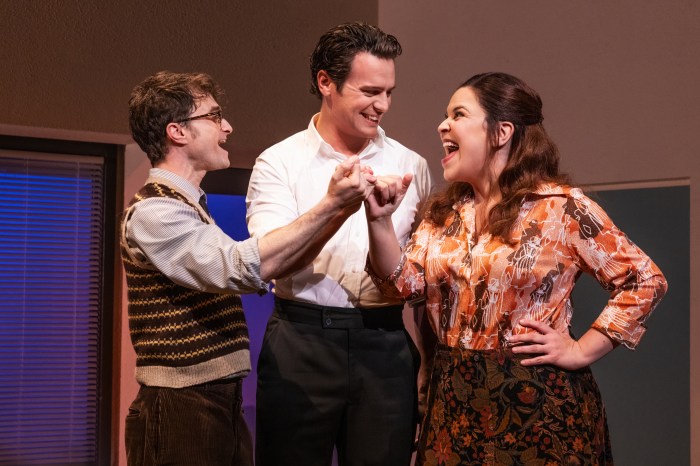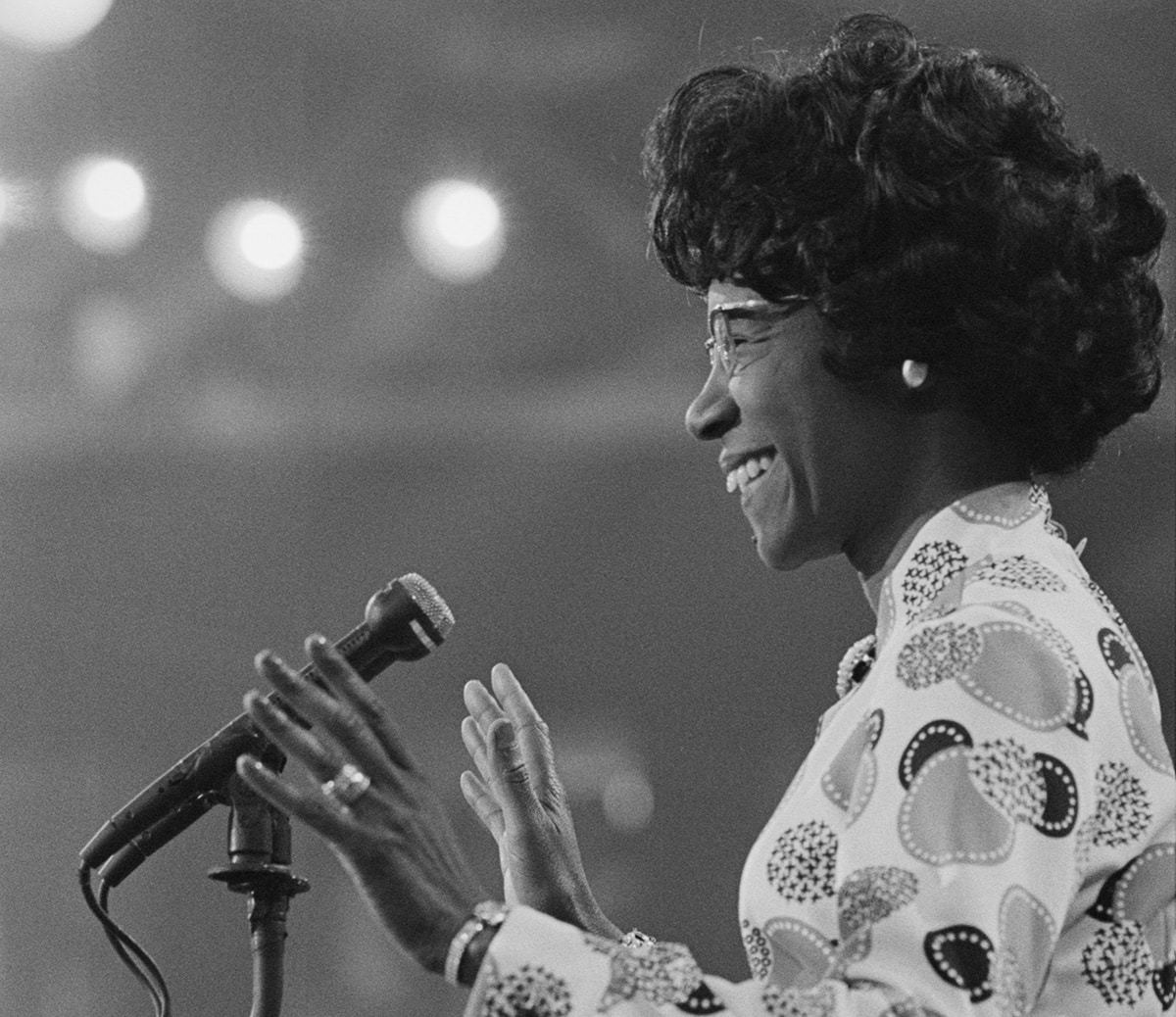Though the primary is over, Lauren Ashcraft, who challenged U.S. Rep. Carolyn Maloney (D-Greenpoint, Manhattan, Queens) refuses to be silent about her experiences as a woman on the campaign trail.
Devin Gordon, a writer with The Atlantic, contacted her on Twitter on July 29 regarding an interview for an article about Maloney’s narrow reelection. According to Ashcraft, Gordon’s interview lacked journalistic professionalism. “Shortly after we started speaking on the phone, I quickly learned that it was not an interview; it was an interrogation into my motives for running,” she recalled.
“He seemed obsessed with his theory that I was a `stalking horse’ planted by Representative Maloney to keep Suraj Patel from winning, and he seemed determined to prove it, however false.”

 The call, which left Ashcraft “feeling cornered,” lasted about an hour. A few hours later, Gordon called again with some follow-up questions which were no less accusatory than the previous ones. The call lasted 37 minutes.
The call, which left Ashcraft “feeling cornered,” lasted about an hour. A few hours later, Gordon called again with some follow-up questions which were no less accusatory than the previous ones. The call lasted 37 minutes.
“Devin claimed to have a ton of evidence “on one side” (begging the question, whose side?) and nothing but my word on the other side. He talked about `contradictions’ he was determined to make sense of,” said Ashcraft.
“I told him to find the facts. He badgered me to admit that Brooklyn, where our campaign performed the strongest, is where Suraj needed votes to win. Proving…what? Did he think those votes belonged to Suraj? If Brooklyn was the key to unseating Maloney, did he ask Suraj if he considered this before jumping into the race six months after me?”
Perhaps the greatest red flag Gordon demonstrated in his interview was his question as to why Ashcraft chose to run against the most senior woman in the state’s congressional delegation. “What is the implication here? That if any woman is elected, no other woman is required? Was he implying that only men can run against women?” Ashcraft asked rhetorically.
“I can be a feminist, help to organize the Women’s March, and run for office against a woman. These are not mutually exclusive. My district wasn’t being represented in the way I saw fit. I sought to change that, and I will not apologize for that.”
She continued. “Whatever his motivations, Devin made it clear that my word was insufficient against Suraj’s account of events. It felt like all those times in history when multiple women had to gather evidence to have their words equal one man’s.”
“I’ve felt like this many times in my life as a woman, as a mixed-race person, as a survivor of sexual harassment, as a grassroots candidate running against the establishment. And my experiences are not unique. Any woman can recognize these patterns from their own lives.”
Shortly after the interview, Ashcraft and her team contacted The Atlantic’s politics editor to confirm that Gordon was writing the story he told her he was, concerned about his unprofessional and conspiratorial tone. The editor confirmed that such a story was indeed underway and told her that their work is fact-checked.
On August 24, Gordon contacted Ashcraft again, but she refused to take an additional call from him. Regardless, Ashcraft has made it clear that she’s not interested in blocking the article’s publication. “I’m not here to stop an article going out about how I lost or whatever,” she said. “But he called twice before taking almost two hours and wants to talk again, and none of these interactions has been professional, and they’re very biased.”
Gordon declined a request for comment.
Editor’s Note: This story first appeared on the KCP sister site, NewYorkCountyPolitics.com

















